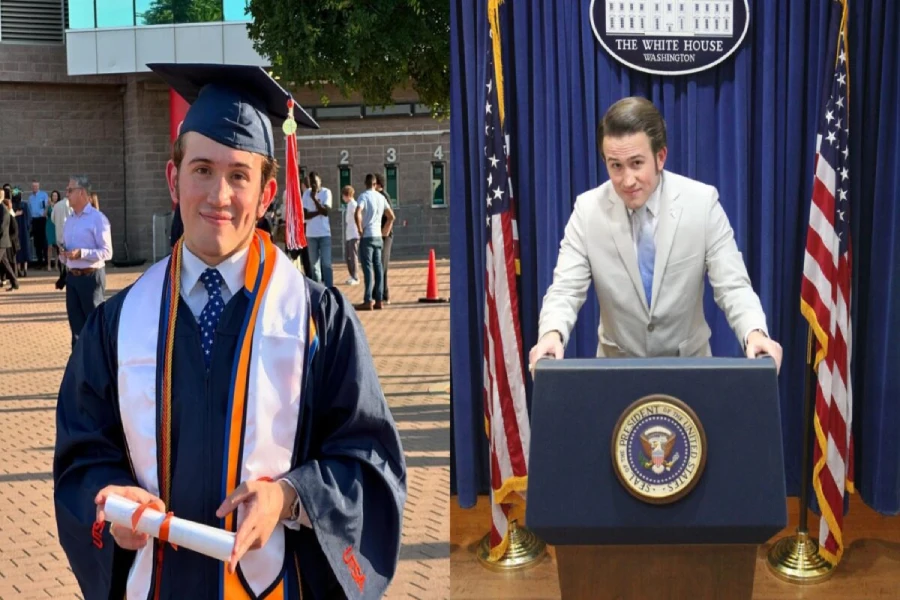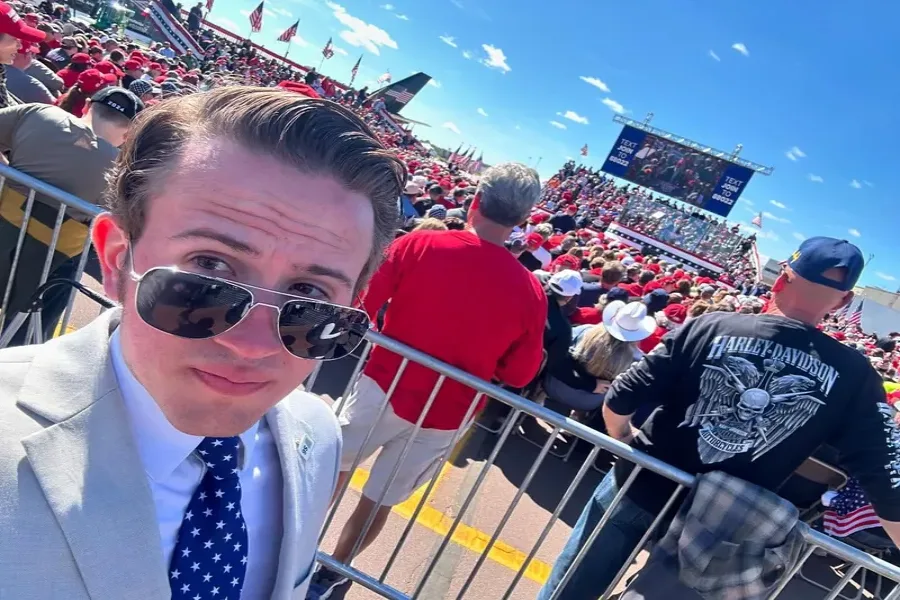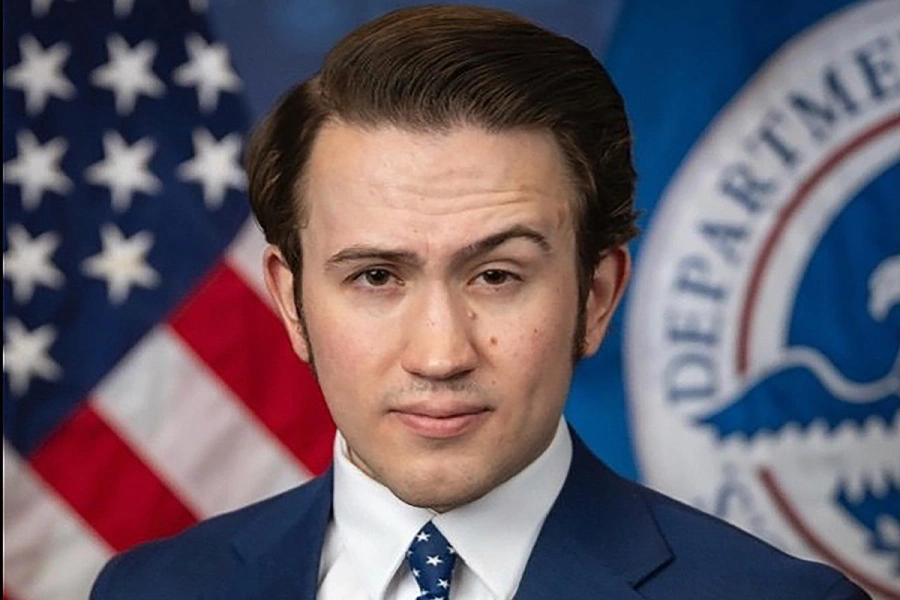The name Thomas Fugate is making waves across media and political circles. At just 22 years old, he has been appointed to lead the Department of Homeland Security’s Center for Prevention Programs and Partnerships (CP3). This decision, backed by former President Donald Trump, has sparked controversy over qualifications, security priorities, and political influence within federal agencies.
In this article, we explore who Thomas Fugate is, why his appointment is seen as controversial, and what this means for the future of counterterrorism in the U.S.

Who Is Thomas Fugate?
Thomas Fugate, a recent college graduate, earned his degree in politics and law from the University of Texas at San Antonio. Before stepping into the national spotlight, his experience included internships at conservative think tanks, campaign work on Trump’s 2024 team, and limited time in administrative roles.
His non-traditional background — including jobs in grocery and landscaping — has raised serious questions about his readiness to manage a high-profile federal counterterrorism program.
What Is CP3?
The Center for Prevention Programs and Partnerships (CP3) is a division within DHS tasked with preventing domestic terrorism and violent extremism. It provides community grants, coordinates local efforts, and promotes early intervention strategies.
CP3 plays a critical role in identifying potential threats before they escalate, making its leadership especially sensitive and significant.
Why the Appointment Is Controversial
1. Lack of Experience
Many experts argue that Thomas Fugate lacks the background and credentials typically required for national security leadership. His quick promotion appears to bypass the traditional meritocratic process.
2. Political Favoritism
Critics suggest that the appointment is more about political loyalty than qualifications. Fugate’s ties to the Trump campaign and conservative organizations raise concerns about politicizing a nonpartisan agency function.
3. CP3 Staff Cuts
With CP3’s staff being reduced from nearly 80 to under 20, installing a young and untested leader signals a shift in priorities — possibly moving away from domestic extremism prevention toward immigration enforcement.
4. Public Trust at Risk
The unexpected appointment has drawn criticism from national security experts and civil rights advocates. Many worry that decisions like this undermine public confidence in DHS’s commitment to preventing homegrown threats.

National Implications
The appointment of Thomas Fugate could signal broader changes in how national security leadership is determined. Here are some potential implications:
-
Reduced Effectiveness: Lack of experience at the top may slow or misdirect program objectives.
-
Funding Jeopardy: Key grants to community partners may be delayed or lost under unclear leadership.
-
Increased Scrutiny: Public and congressional watchdogs may investigate future DHS appointments more aggressively.
Conclusion
The rise of Thomas Fugate to a key national security leadership role at the age of 22 is as remarkable as it is divisive. His appointment to CP3—a vital DHS initiative designed to prevent domestic terrorism—has reopened debates about experience, political loyalty, and public safety.
Whether his leadership will bring innovation or instability remains to be seen. One thing is certain: Thomas Fugate’s name will continue to stir discussion in both political and national security circles in the months ahead.
FAQs
1. Who is Thomas Fugate?
Thomas Fugate is a 22-year-old recent college graduate appointed by Trump to lead DHS’s CP3 division.
2. What does CP3 do?
CP3 focuses on preventing domestic terrorism by funding local community programs and promoting early intervention.
3. Why is Thomas Fugate’s appointment controversial?
Critics cite his lack of national security experience and believe the appointment was politically motivated.
4. What qualifications does he have?
Fugate holds a BA in politics and law, with limited federal experience and ties to conservative political circles.
5. How could this affect national security?
Concerns have been raised that CP3’s mission could be weakened, especially in preventing domestic threats.
6. What is DHS saying about the decision?
While not publicly detailed, sources suggest the agency supports his appointment, emphasizing internal trust and work ethic.
7. Has CP3 changed its priorities?
Some believe the shift in leadership and staff cuts may reflect a reduced focus on domestic violent extremism.
8. Is this appointment permanent?
At this time, the long-term status of Fugate’s leadership remains unclear.

